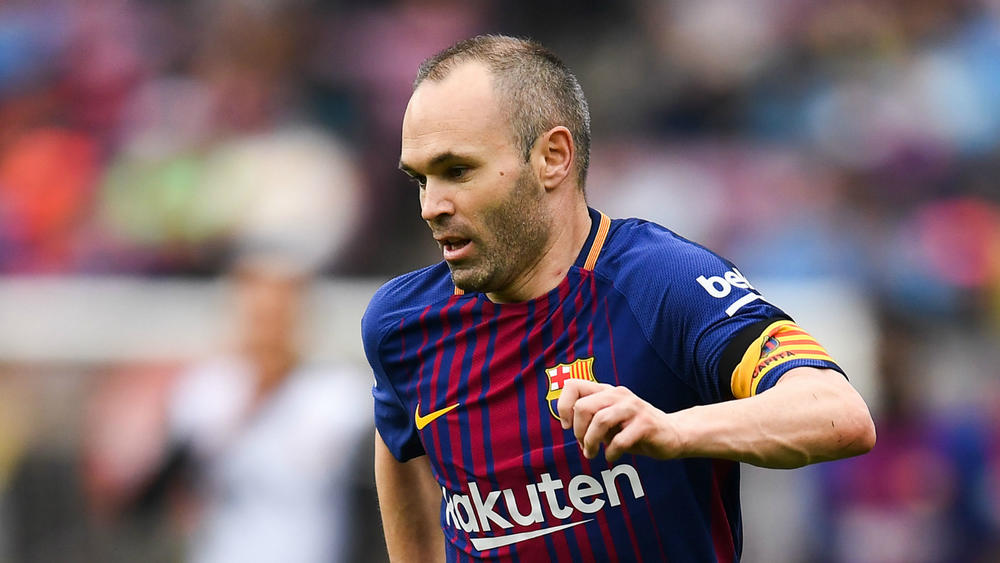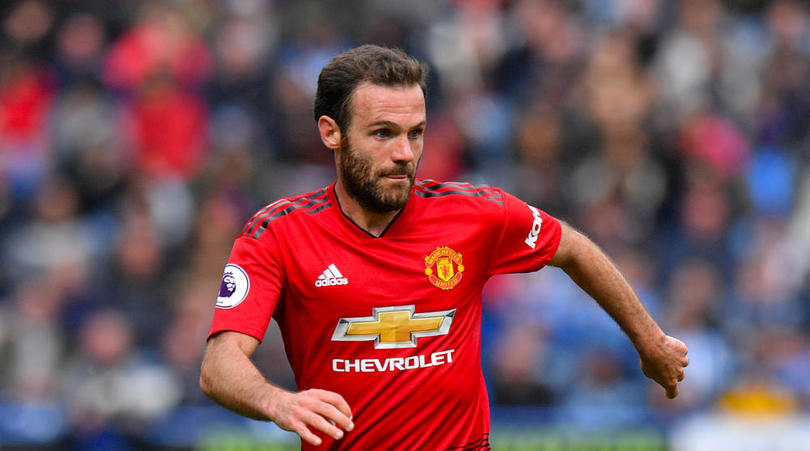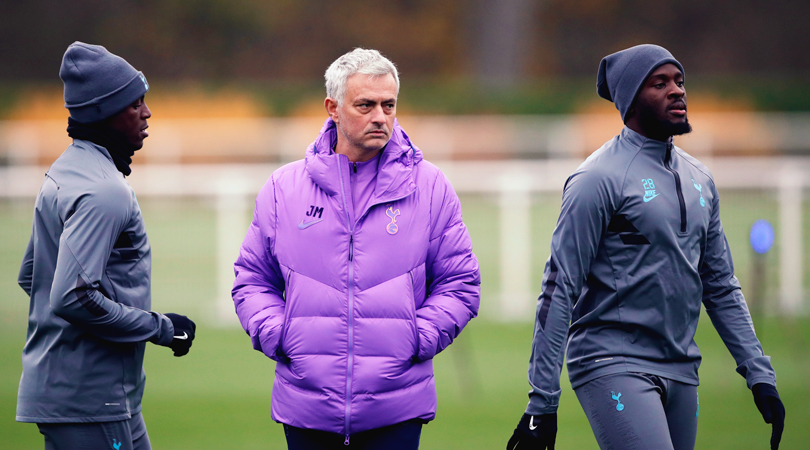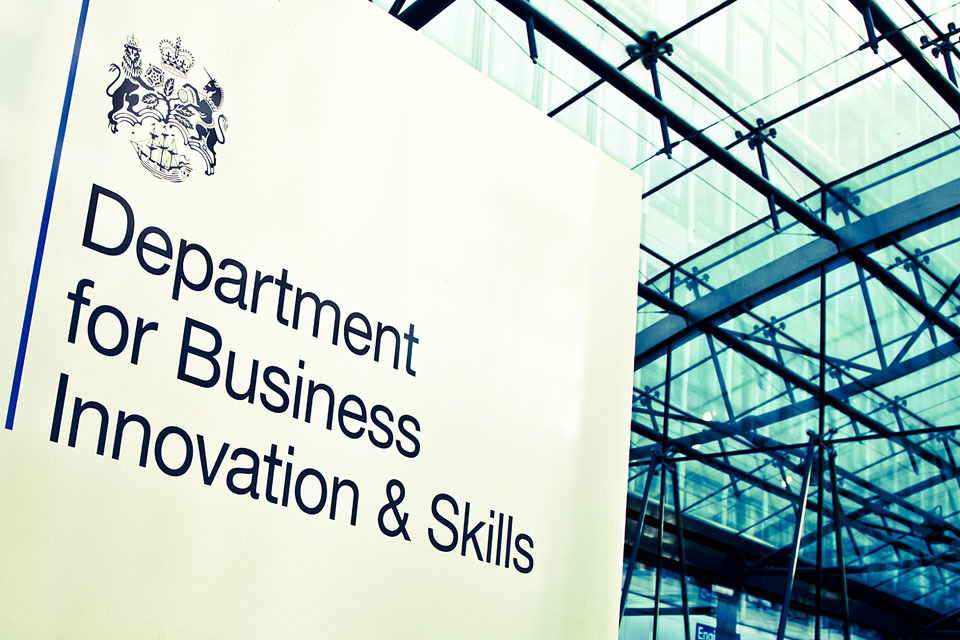
- Select a language for the TTS:
- UK English Female
- UK English Male
- US English Female
- US English Male
- Australian Female
- Australian Male
- Language selected: (auto detect) - EN
Play all audios:
In the weeks following the Pahalgam terror attack in Jammu and Kashmir in which 26 civilians were killed, External Affairs Minister S Jaishankar spoke with all Council members, with the
exception of China and Pakistan. In his calls, Jaishankar underlined that “its perpetrators, backers and planners must be brought to justice.” He also spoke with UN Secretary-General Antonio
Guterres, Russian Foreign Minister Sergey Lavrov, US Secretary of State Marco Rubio, UK Foreign Secretary David Lammy, French Foreign Minster Jean-Noel Barrot and South Korean Foreign
Minister Cho Tae-yul, among others. Last Friday, Pakistan's Permanent Representative to the United Nations Ambassador Asim Iftikhar Ahmad said at a press conference at the UN that his
country has the right to convene a meeting when "we feel appropriate". “We see that all of this that is happening is in the context, in the backdrop of the situation in Jammu and
Kashmir," Ahmad had said. He said that the situation that evolved after the attack is a real threat to regional and international peace and security. The Pakistani envoy had last week
met Guterres and briefed him about the security situation in the region. Ties between the two neighbouring countries plummeted following the April 22 attack that killed 26 people, mostly
tourists. India announced a raft of punitive measures against Pakistan including suspension of the Indus Waters Treaty, shutting down of the only operation land border crossing at Attari and
downgrading of diplomatic ties following the terror attack. Prime Minister Narendra Modi said India is committed to taking "firm and decisive" action against terrorists and their
backers. PM Modi also told the top defence brass that the armed forces have "complete operational freedom" to decide on the mode, targets and timing of India's response to the
attack.








:max_bytes(150000):strip_icc():focal(319x0:321x2)/people_social_image-60e0c8af9eb14624a5b55f2c29dbe25b.png)